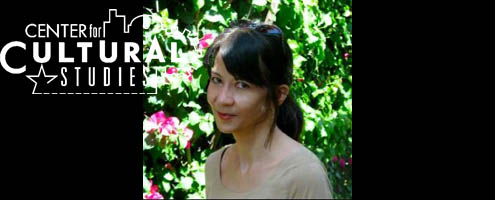Professor Franko, a UC Humanities Network Scholar, is editor of Dance Research Journal, founding editor of the Oxford Studies in Dance Theory book series, and Director of the Center for Visual and Performance Studies at UCSC. He is finishing a book on Martha Graham in the 1940s (Oxford) supported by an NEH research fellowship and a UC President’s Research Fellowship.
Mark Franko is Professor of Dance and Performance Studies in Theater Arts at UCSC.
*sponsored by the IHR








